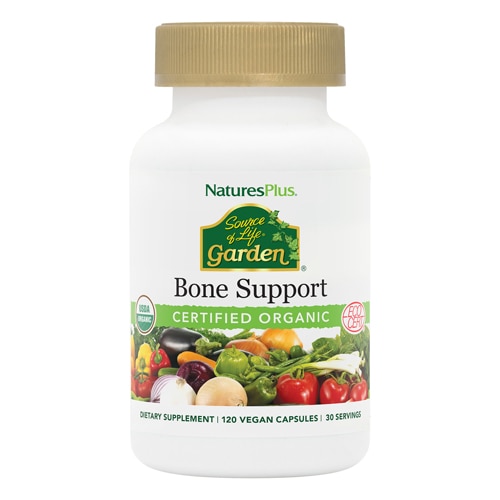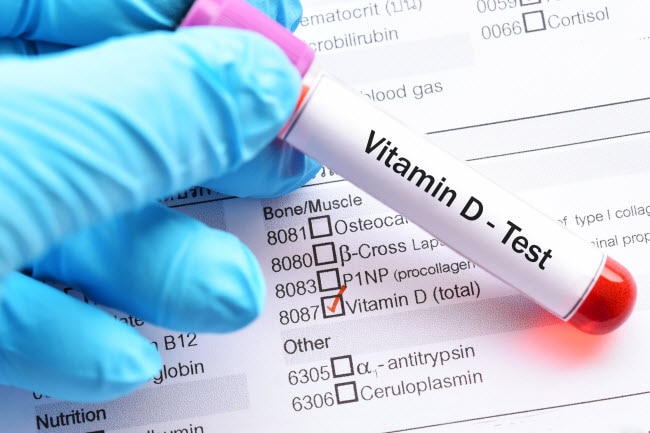Everyone has a different definition of what health looks like. To some, a healthy routine might include popping a multivitamin every day. Yet multivitamins aren’t designed to address specific deficiencies that vary widely from person to person. So how do you know what vitamins you actually need? That’s where vitamin-level testing comes in. We spoke with two doctors to learn who it’s best for, how it is done, and why you should (or shouldn't) do it, depending on your current level of health.
Who Needs Vitamin-Level Testing
“Most people would benefit from getting vitamin-level testing to establish a personal baseline of different vitamin levels,” says Chirag Shah, MD, a board-certified emergency medicine physician and former director of Accesa Health medical center in Southern California.
Some vitamin imbalances often present themselves with subtle symptoms that might be difficult to identify without actual lab testing, he adds. The most common imbalances include deficiencies of vitamin B12 and vitamin D, as well as iron.
If you have issues with GI absorption—such as Crohns disease or ulcerative colitis—or have had major intestinal surgeries like gastric bypass, vitamin-level testing may be especially useful, says Arielle Levitan, MD, co-founder of VousVitamin and co-author of “The Vitamin Solution.” Vitamin-level testing is done routinely in those kinds of patients, she says.
How Vitamin-Level Testing is Done
Vitamin levels are tested through a blood test at a medical office, which must be ordered by your medical provider and analyzed at a lab. It’s as simple as getting your blood drawn, like you would for any type of test. Results may be available within two to seven days, depending on the test and the location of the processing lab, says Dr. Shah.
The cost of lab testing varies widely depending on your lab and insurance, but in general, it may run roughly $100 per level, says Dr. Levitan.
You don’t have to worry about skipping breakfast the day of your test, either; the results won’t be impacted by your dietary intake that day.
Some companies offer vitamin-level testing online, though the medical community does not recommend this method, as results require physician analysis. It’s also difficult to confirm whether an online company is working with a certified lab.
Reasons to Have Vitamin-Level Testing
People with persistent issues like thinning hair, fatigue and/or muscle aches despite taking reasonable doses of vitamins may want to consider having a blood test, says Dr. Levitan, to determine whether a deficiency could be causing the symptoms.
Vitamin levels vary due to age and gender, as well as many other factors. For example, iron deficiency is common in women—especially during pregnancy—yet Dr. Levitan says she also sees it in men. Most people have vitamin D deficiency to some extent depending on where they live, as it varies based on your sun exposure (colder, cloudier climates are more prone to vitamin D deficiency). Vitamin B12, another common deficiency, is often seen in people following a vegetarian or vegan diet, and becomes more likely as you age.
Yet just how problematic can a vitamin deficiency be? Perhaps, more than you might expect.
“People get serious symptoms from them,” says Dr. Levitan, noting that certain vitamin deficiencies are linked to many different conditions. A lack of vitamin D, for example, has been linked to osteoporosis, immune issues, diabetes and more diseases, she says; B12 deficiencies are associated with memory issues and other neurological symptoms.
Risks of Vitamin-Level Testing
While there are no physical downsides to having your blood drawn and analyzed in a vitamin-level test, the risk comes with misinterpreting the results. (The process can also get expensive, as previously noted.)
Labs have standard ranges for healthy vitamin levels, but they can vary. “There’s a great deal of confusion around it,” says Dr. Levitan.
For example, some labs may have a range up to 100 for vitamin D, but levels above 50 are associated with many poor outcomes, she says—even though a reading of, say, 70 would appear to fall in the “normal” range. And serum calcium levels, which can be analyzed through a blood test, are not indicative of dietary intake at all, creating further confusion, she says.
That’s why it’s crucial to have a doctor read and analyze your results, says Dr. Shah, to determine what dietary changes you need to make to adjust your levels appropriately.
Another potential downside of vitamin-level testing is that many common vitamins that are typically supplemented—such as vitamin A or vitamin B6—won’t show up on a test, says Dr. Levitan. “There are only a limited number of vitamins we can test for with utility,” she notes.
The Bottom Line on Vitamin Testing
If you’re feeling overwhelmed about vitamins, you’re not alone.
“A lot of people are very confused about vitamins, taking way too many or perhaps the wrong ones, which can be dangerous,” says Dr. Levitan. In theory, while you could design an ideal diet to get every vitamin your body needs to function at an optimum level, that’s very rare in reality, she says, as some—like vitamin D—are very difficult to obtain via diet.
Talking with your doctor is the best way to begin identifying potential vitamin deficiencies you may have. Based on a conversation about your diet and lifestyle, and analysis of any symptoms you’re experiencing, he or she should be able to determine what vitamins you’re lacking without running a vitamin-level blood test.
Think of vitamin-level testing as an escalated approach to discovering a potential vitamin deficiency linked to a greater issue, if you and your doctor cannot determine what might be causing your symptoms.




